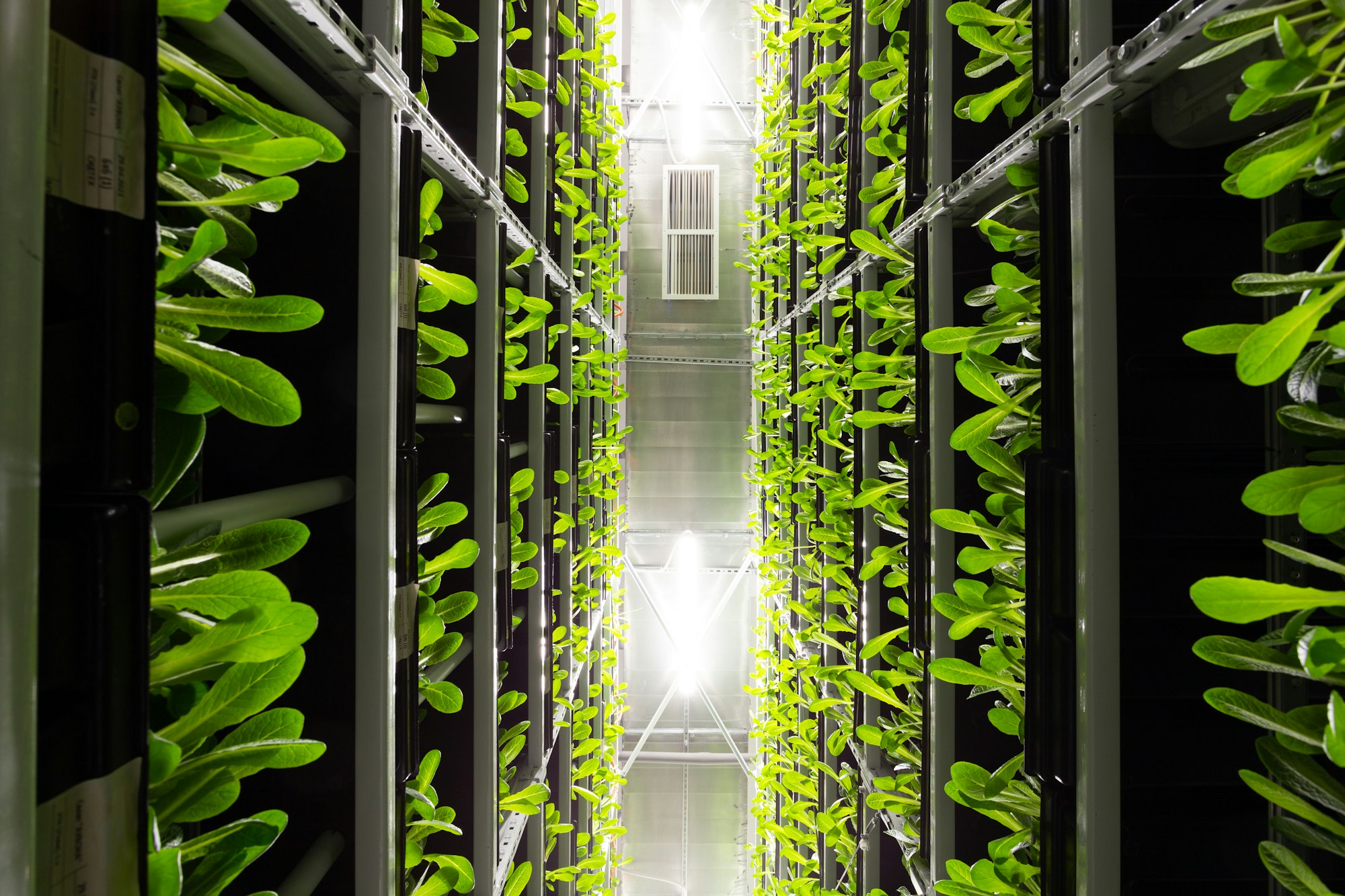Small Footprint, Big Impact: How 3 Tech Companies Are Using Their Platforms for Good
Companies like Asana, Chegg, and ZoomInfo are using their platforms to try to make a better impact.

Tech companies — especially those that provide digital services, like SaaS companies — might seem like they’re sustainable by default. If you’re not manufacturing physical products, shipping them around the world, dealing with product waste disposal, etc., then perhaps you think your business doesn’t need to look too deeply at its environmental impact.
But the reality isn’t always so simple.
“On the one hand, technology has revolutionised renewable energy and other green appliances. On the other hand, it has become everything we use all the time – our phones, our transport, work, and entertainment – which requires a lot of energy,” writes The Eco Experts.
As a whole, the tech industry accounts for around 1 billion tons of greenhouse gas emissions per year, according to The Eco Experts. That’s roughly half of what the fashion industry emits, and other industries like agriculture and manufacturing/construction create several times more emissions.
Still, these tech emissions add up. They’re nearly as much as the total annual emissions of all U.S. homes, based on the EPA’s greenhouse gas equivalencies calculator.
And even if tech companies have small footprints relative to other types of businesses, they can often have an outsized impact by using their societal influence and technologies to lead stakeholders down a more sustainable path.
Here, we’ll examine how three popular tech companies—Asana, Chegg, and ZoomInfo—are using their platforms (literally and figuratively) to work toward a more positive future.
Tracking and Reducing Emissions
Despite digital companies often having small footprints, you don’t know for sure what your impact is without measuring it. But these three companies are all taking steps to track and reduce their emissions.
Chegg, for example, has calculated and publicly discloses its 2020 and 2021 Scope 1 and Scope 2 emissions. The EdTech company is also working on measuring its Scope 3 emissions this year, says Caity Curtis, ESG director at Chegg.
Scope 3 emissions tend to account for the bulk of a company’s emissions, across industries. So, while it can be hard to measure these indirect sources, doing this analysis can reveal the largest opportunities to make positive changes.
One source of Scope 3 emissions is employee commuting. On that front, Chegg has initiatives like offering electric vehicle charging at its offices and offering a shuttle for its Santa Clara office. The company also brings in gasoline from Booster Fuels (considering not all employees have EVs), which can slightly cut down on emissions from employees who might otherwise drive to gas stations.
Meanwhile, Asana and ZoomInfo currently report Scope 1, Scope 2, and at least some Scope 3 emissions. ZoomInfo discloses the Scope 3 categories that it has direct visibility into—cloud computing and business travel—while Asana includes a broader range of categories in its overall reported Scope 3 emissions (e.g., purchased goods and services, and waste generated in operations).
Both also have carbon-neutral goals and unique emissions-reduction measures. For fiscal year 2022, Asana “will achieve carbon neutrality across our operations, data center usage, business travel, and employee commuting (including work from home),” the company reported in its 2022 ESG report.
Getting to carbon neutrality has included purchasing offsets, but Asana isn’t resting on its laurels.
“We view offsets as an interim measure as we make the emissions reduction investments that help us get there,” says Sean McPhillips, ESG lead at Asana. “We're currently carbon neutral, and we don't want to stop there. The line we have to walk is to make those investments prudently and in line with our growth as a business, which is the journey we're taking now.”
At ZoomInfo, the company plans to become carbon-neutral for Scope 1 and Scope 2 emissions by 2025, via shifting more to renewable energy and offsetting remaining emissions.
ZoomInfo has also engaged in emissions-reduction initiatives like shifting to more carbon-neutral cloud vendors, which it started doing in 2021.
“Our approach to transitioning to carbon-neutral vendors involved prioritizing contracts with vendors that offer carbon-neutral services, reallocating vendor mix, and actively engaging in discussions with other less sustainable vendors to find ways to reduce energy needs and environmental impact,” says Colin Bowen, senior investor relations and ESG analyst at ZoomInfo.
That resulted in over 97% of the company’s cloud footprint being carbon neutral by the end of 2022.
ZoomInfo has also engaged in initiatives like optimizing data practices to reduce energy needs, such as by trying to avoid duplicate computations.
“Given the high volume of data we handle, we're mindful of the potential environmental impact that our software may have as our datasets grow and our technology becomes more advanced,” says Bowen. “That's why our engineers are continually developing and optimizing our software to not only produce speedy results, but also to minimize energy consumption.”
Helping Customers Act More Sustainably
Directly focusing on emissions is only part of the sustainability puzzle. Tech companies can potentially make a larger impact by helping customers become more sustainable too.
Sometimes that happens as a natural result of switching from physical to digital processes. For example, ZoomInfo’s digital database can help customers improve sales and marketing efficiency, which ultimately reduces activities like business travel.
Rather than making broad claims, though, ZoomInfo surveyed users to better quantify this impact, such as finding that the platform led to a 41% reduction in travel days. That information can encourage other users to join.
At Asana, the company has made a concerted effort to get its platform in the hands of more users doing positive work.
“We've actually verticalized a dedicated impact go-to-market team to get Asana into the hands of as many [organizations] doing good work as possible,” says McPhillips. “We recently hit a new milestone of over 10,000 nonprofit customers using Asana.”
Companies can also partner with other organizations in support of more environmentally friendly customer initiatives.
Chegg, which has both a digital and physical footprint, has business lines in areas like textbook rentals (including eTextbooks), which itself can be more sustainable than having students always buy new physical ones. And one of the company’s partnerships with Bulrushed Books included upcycling textbooks that were at their end-of-life stage. Instead of tossing them, the partnership turned 85 tons of paper into 600,000 notebooks.
These types of initiatives can help improve engagement while also inspiring customers to take positive action on their own.
Win-Win Savings
Focusing on sustainability isn’t just something that’s altruistic for tech companies. It can make a difference on the bottom line.
For example, Asana has processes in place “to optimize data storage via data lifecycle management, which can help cut down on both financial and environmental costs of our data center usage,” says McPhillips.
Office sustainability initiatives can also reduce costs, such as energy expenses. Chegg, for instance, uses innovations like lighting that dims during periods of high sunlight.
Taking these sorts of steps can ultimately make companies—whether they’re in tech or essentially any other industry—more efficient in ways that are win-win financially and environmentally.
“In a time when every organization is looking to trim costs, we've seen a lot of benefits to increased discipline and operational efficiency, and reducing unnecessary spend that has an associated environmental impact,” adds McPhillips.
Disclosure: Our parent company, JournoContent LLC, has clients involved in sustainability-related areas, among others. The owner of Carbon Neutral Copy, Jacob (Jake) Safane, has investments in sustainability-related companies, among others.
As such, conflicts of interest related to these and other investments/business relationships, even if unintended, may exist at times. Please email info@carbonneutralcopy.com if you'd like further clarification on any issues.
